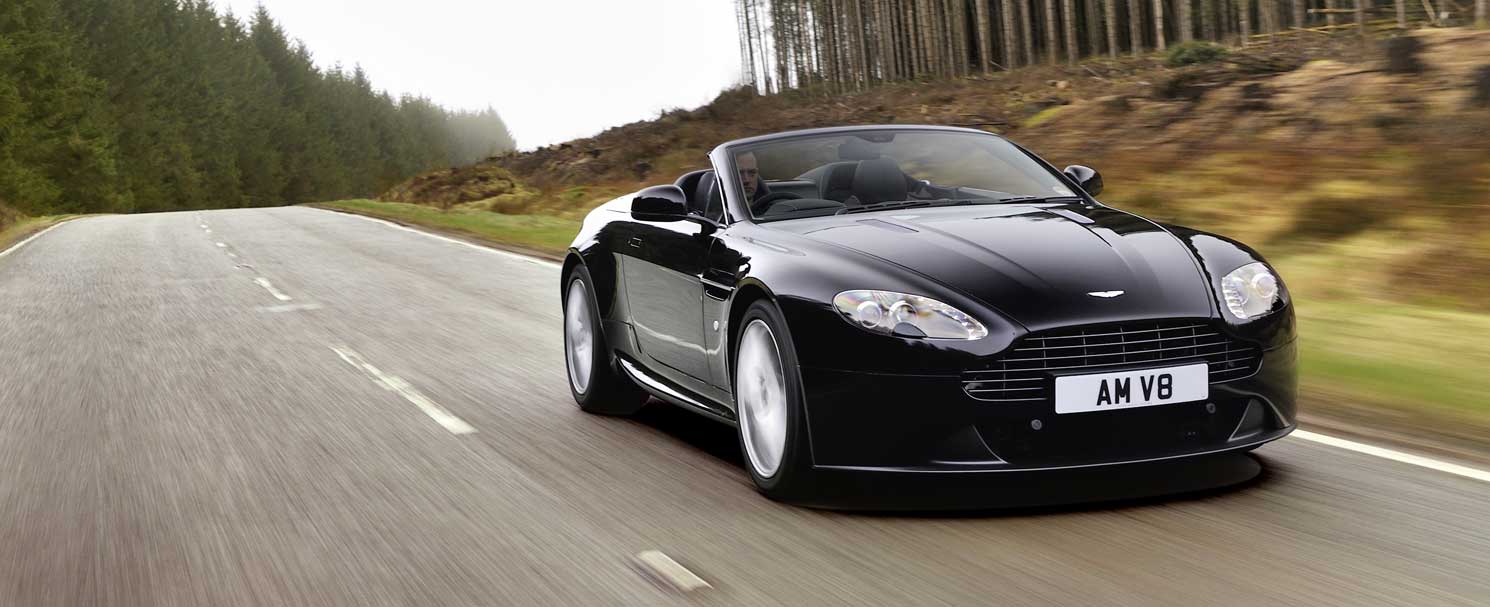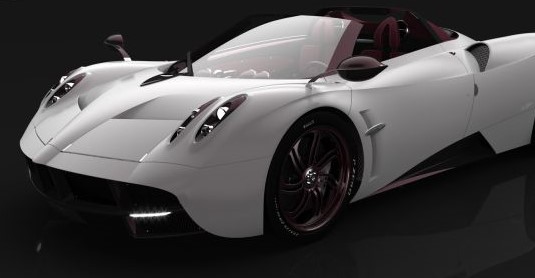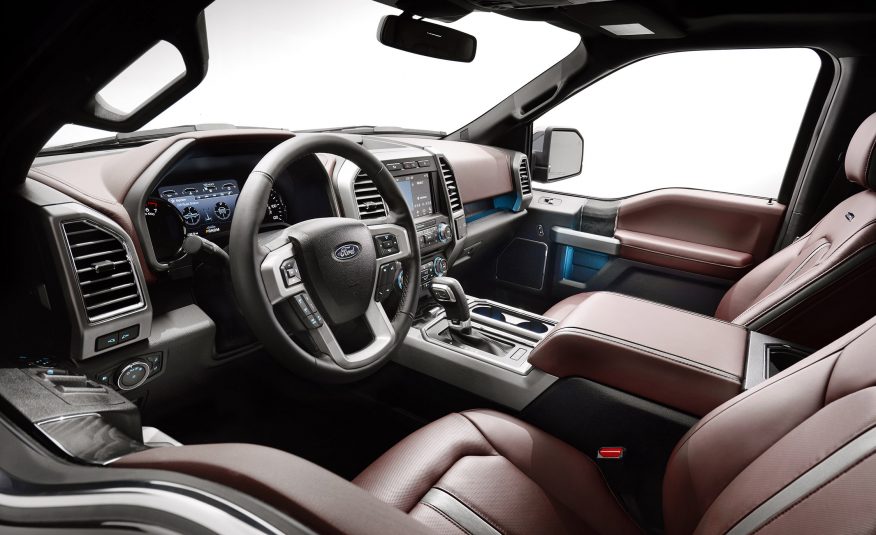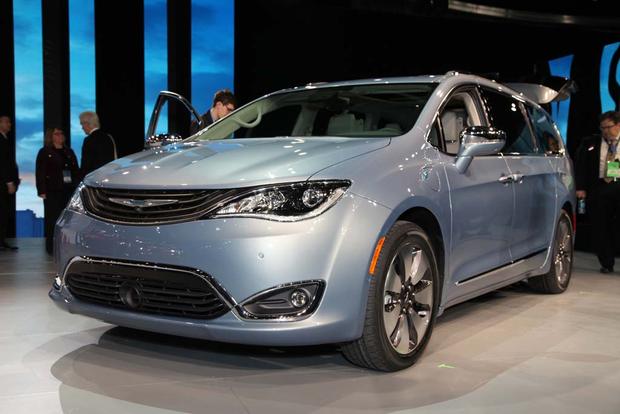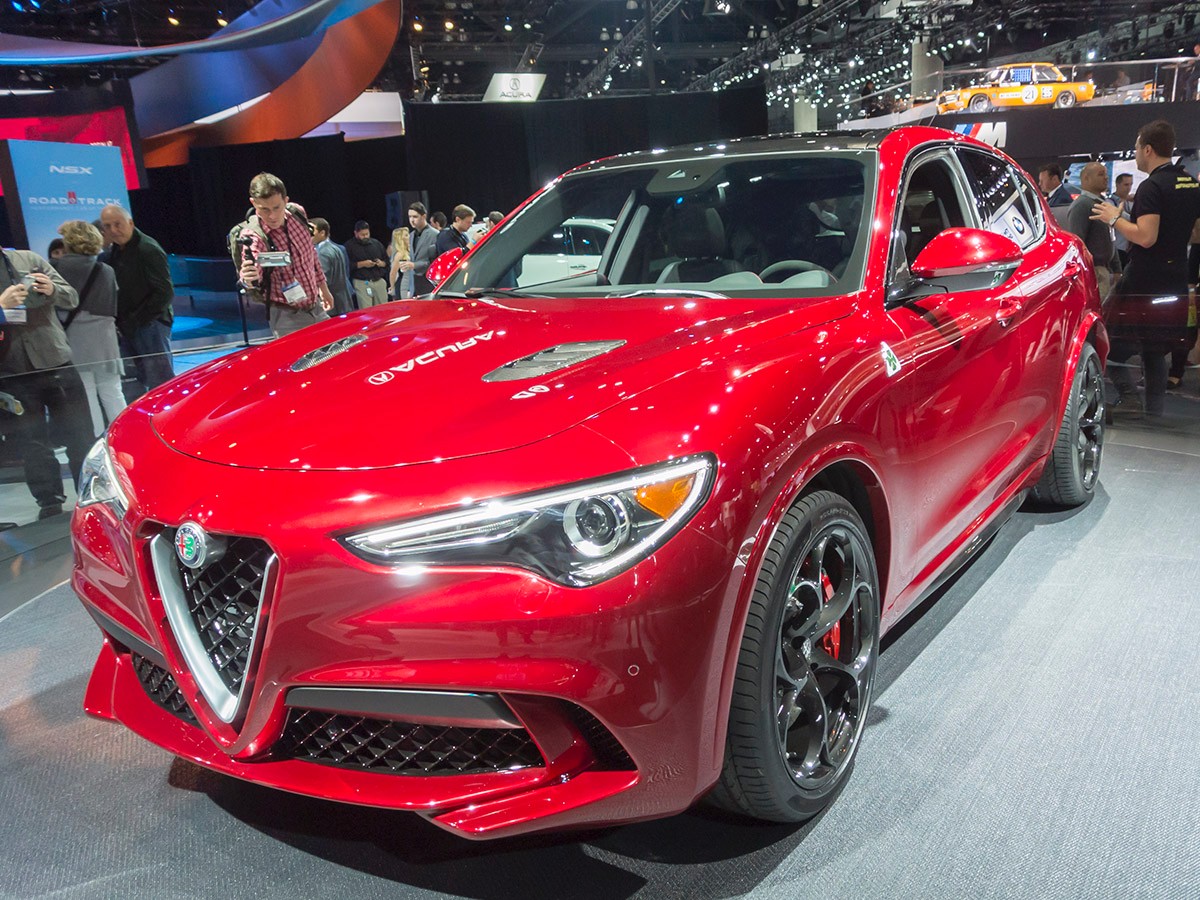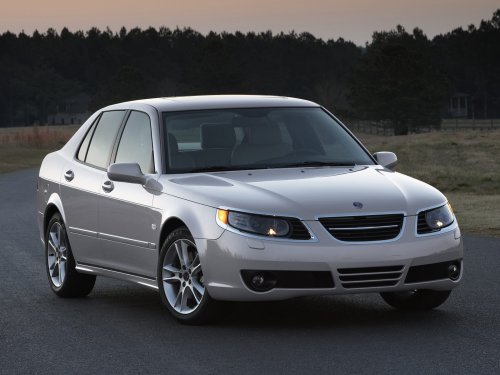-
2018 Buick Enclave “Avenir” will have ionic air purifier - April 12, 2017
-
Lease a Luxury Car for Less Than You Think - April 5, 2017
-
Shopping for a Car When Your Credit is Low - March 31, 2017
-
Aston Martin Closer to Unveiling Second-Generation Vantage - March 21, 2017
-
2017 Bentley Bentayga SUV: Offroad for $238,000 and Up - March 14, 2017
-
Pagani Huayra is Finally Here, Only $2.4M - March 9, 2017
-
Mercedes AMG E63 – For When Your Wagon Needs Drift - February 6, 2017
-
2018 Audi Q5 SUV: Enhanced Performance - January 30, 2017
-
2018 Toyota Camry Due in Late Summer - January 27, 2017
-
2018 Dodge Challenger SRT Demon Will Outstrip Hellcat - January 23, 2017
Hybrids on Steroids
The Toyota Prius Hybrid has already made its mark as being a very fuel-efficient vehicle. According to Toyota’s Web site, a brand new 2009 Prius Hybrid can achieve 48 mpg in the city and 45 mpg on the highway. For some, those numbers just aren’t good enough. They feel the need to juice up their Prius a little bit.
In November 2008, the state of Oregon purchased 11 plug-in hybrid electric vehicles (PHEV’s) and claims they can get up to 100 mpg or more. These PHEV’s look identical to a normal Prius Hybrid except that instead of the regular combustion engine and battery combination, the PHEV adds a second battery to the mix. According to a press release from the Oregon Department of Transportation,
"PHEVs have two batteries instead of just the one in a normal Prius. Because of this, the battery power stays working at higher speeds in the PHEV, using less fuel. For example, in a regular hybrid (such as the Prius), the fuel-powered motor kicks in at about 10 miles per hour. In the PHEV, you can go up to 35 miles per hour on the battery alone. And if you never got above that speed, you could go as far as 40 miles before internal combustion kicked in to power the vehicle. If you just plugged it in to re-charge it, you wouldn’t ever have to use the fossil-fuel powered engine to propel the car! (The engine may kick on every so often to create heat for the heater and warm up the emission system.)"
The Oregon Department of Transportation owns two of the 11 PHEV Prius’ purchased by the state and has installed global positioning systems on board to capture and record data about the fuel efficiency and performance of the vehicles.
According to licensed mechanical engineer Greg Brown, "Before we recommend a large-scale purchase of these kinds of vehicles, we need to know as much about what they can do as possible, including when it’s best to use them and when it’s better to use non-electric vehicles."
For those of us who aren’t associated with major league baseball, by using this new technology of plug-in hybrid vehicles, juicing up can be a good thing.



